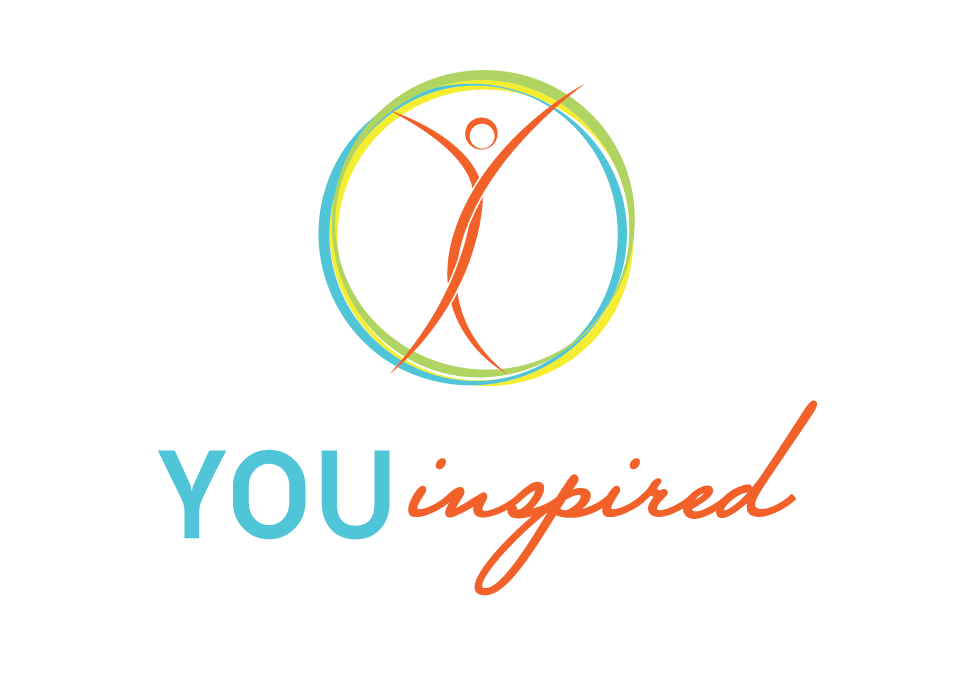When you’re the least loved in the family.
When I brought home my second child, I remember thinking how my 2 year old daughter would handle having to share her parents with someone else. I hoped that she would love him dearly, which she does. I also hoped that she would not feel jealous of our affection towards him, which she doesn’t. However, I never really anticipated she would feel less loved, which she does.
My now 12 year old daughter said to me last week that she believes we love her brother more than her. She also said “but isn’t that just normal? For the parents to love the younger sibling more? I think everyone believes that. I know you love me, you just love him differently”.
Does differently mean more?
Have you experienced this with your children? Or do you believe you were the second or third..(or tenth) favourite child in your family growing up?
When I sit with my adult clients in a coaching session and we discuss their childhoods and their relationships with their parents, many say the same thing. “I know they loved me…in their own way, but I didn’t feel it all the time”. I always follow up with the question “so how do you know when you are being loved?” and that stumps them every single time. A standard answer is “because I feel good” or “because it makes me happy”. These are vague responses and descriptions. If feeling loved was a destination and your GPS said “you’ll reach your destination when you feel good”, you will be forever lost and searching for love everywhere. You’ll also be doing a lot of unresourceful things to “feel good” hoping it leads to love. Many times it doesn’t.
Some questions for us to ponder…
If we don’t know what we need to feel loved, how will we know when we get it?
In a relationship, if we don’t know what the other person needs to feel loved, how can we give it?
The concept of love and feeling loved doesn’t just apply to the child-parent relationship, it applies to all forms of relationships. Having a sense of curiosity and interest in oneself is of the utmost importance to forming loving relationships and living a fulfilling life.
The important thing is to learn about yourself first and then your family members. Listed below are some questions for you to explore. Use the list as a guide to define your description of love and to learn about the other person too.
I have also linked a few resources from experts in this field for you to use and read as you explore. You might want to go through all of these resources or you can pick whichever speaks to you the most.
Happy exploring and rediscovering!
Links:
The Five Love Languages Quizzes - Dr Gary Chapman’s famous concept in improving relationships, the Five Love Languages, continues to transform all forms of relationships from its conception over 25 years ago. You can take a quiz to understand your partner, your children and yourself.
*Do these quizzes as a family this weekend and talk about what you find out about each other.
Dr. Shefali is a world-renowned clinical psychologist and author, specialising in conscious parenting. See her video below about love and it’s ineffectiveness without consciousness. Aha moments here are guaranteed!
*This will inspire you to understand yourself more and get curious about your partner/child so that you can lovingly connect with them, unconditionally.
Dr. John Demartini is a human behaviour specialist and global educator, who is most well known for his ground breaking work in The Breakthrough Experience.
His book, The Heart Of Love, is a must read if you are committed to creating more authentic relationships through understanding what really drives human behavior in all areas of life, including romance, business, and families.
*This is a great book if you’re looking to dive deep into the details of human behaviour in relationships.



